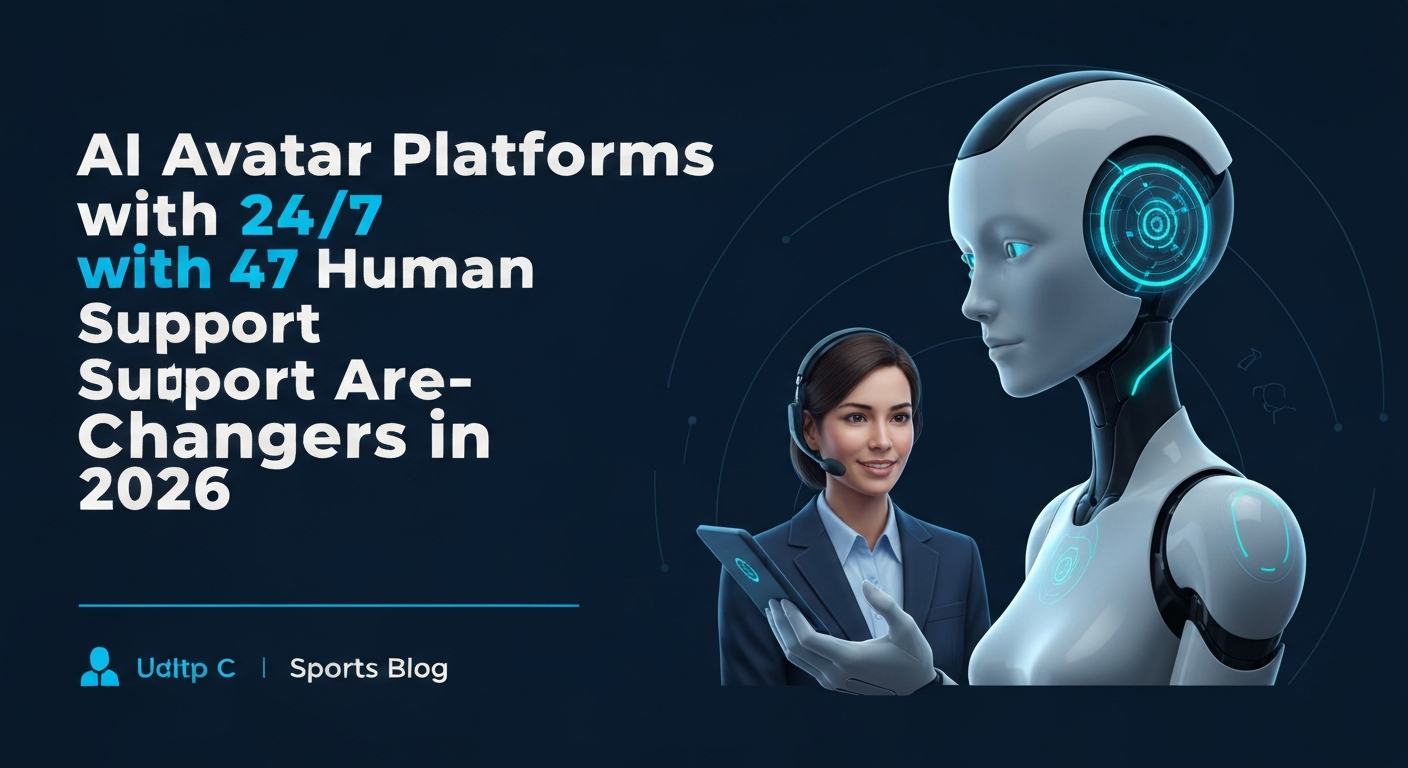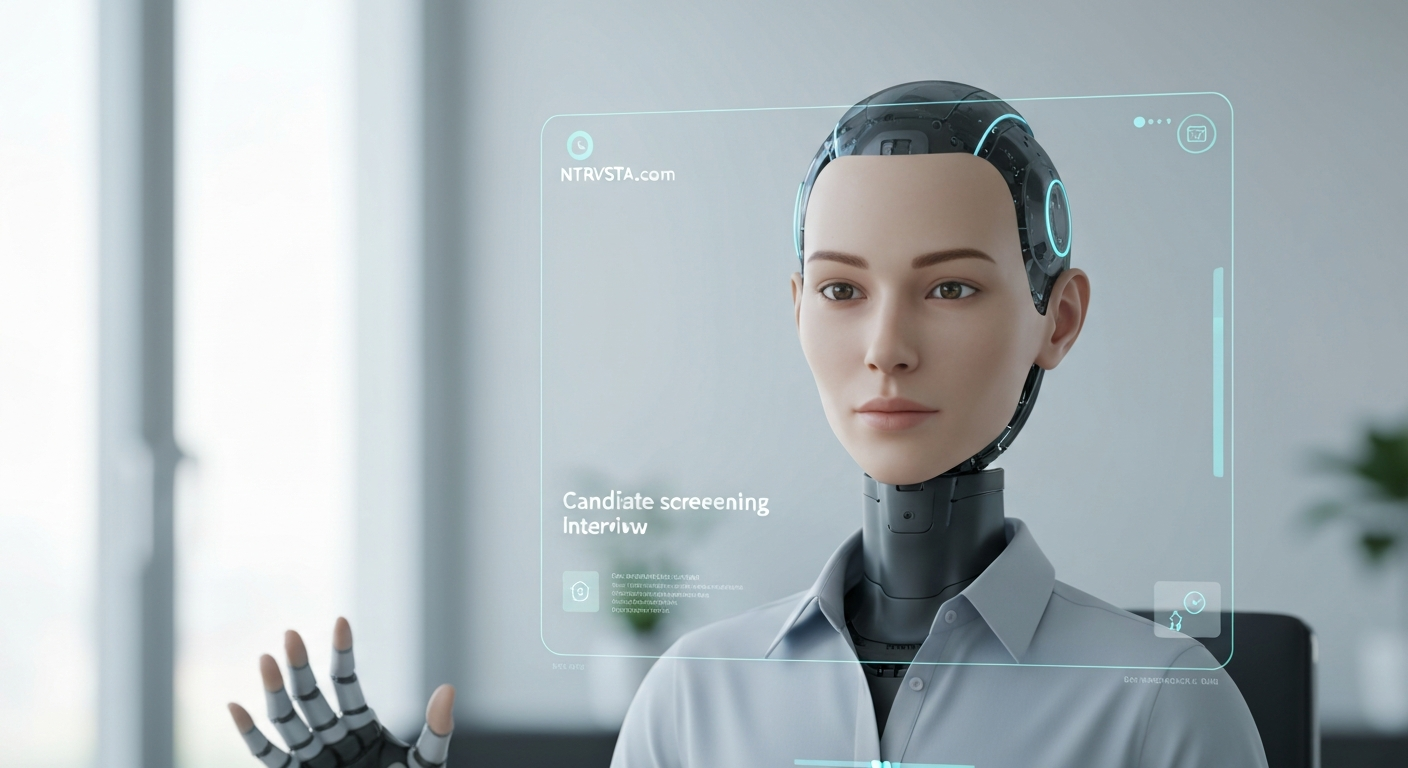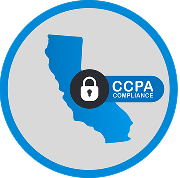The hiring process has long been marked by inefficiencies—manual scheduling, repetitive screening calls, and subjective evaluations. As businesses scale and compete for top talent, these traditional methods are increasingly falling short. That’s why more organizations are turning to automated interviews to streamline hiring, reduce costs, and make smarter decisions faster.
Automated interviews are no longer a futuristic concept—they’re a practical solution used by modern recruiting teams to assess candidates efficiently, fairly, and at scale.
What Are Automated Interviews?
Automated interviews are pre-configured, AI-supported assessments that candidates complete without a live interviewer. They can be asynchronous, allowing applicants to respond to questions at their convenience, and may include video, audio, text, or interactive tasks.
Unlike live interviews, automated interviews don’t require real-time human involvement. Instead, they rely on structured questions, scoring algorithms, and intelligent analysis to evaluate candidate responses—giving recruiters powerful insights without needing to be present.
Types of Automated Interviews
- Video interviews: Candidates record answers to pre-set questions on video.
- AI interviews: Intelligent systems, like those offered by NTRVSTA, use avatars and adaptive questioning to simulate live conversations.
- Coding assessments: Technical roles may include live coding or whiteboard exercises evaluated by AI.
- Behavioral assessments: Structured formats like STAR questions evaluate communication, leadership, and problem-solving.
Why Companies Choose Automated Interviews
1. Save Time and Resources
Recruiters can eliminate the repetitive task of conducting initial screenings. Automated interviews enable candidates to complete the process independently, and hiring teams can review results when it fits their schedule.
2. Improve Consistency and Fairness
Every candidate receives the same set of questions, evaluated by the same criteria. This reduces bias and creates a more objective selection process.
3. Increase Hiring Speed
With no scheduling delays, candidates can be screened within hours of applying. This accelerates the entire hiring cycle and helps companies stay ahead in competitive talent markets.
4. Enhance Candidate Experience
Applicants can complete interviews at their convenience, on any device, in a relaxed environment. This flexibility leads to higher engagement and completion rates.
5. Unlock Deeper Insights
Platforms like NTRVSTA analyze tone, speech clarity, confidence, and even behavioral cues—providing a full picture of a candidate’s potential, not just their resume.
How NTRVSTA Powers Automated Interviews
NTRVSTA takes automated interviewing to the next level by combining artificial intelligence with interactive, human-like AI avatars. Here's what makes the platform stand out:
- Adaptive interviews that respond to how candidates answer
- AI avatars that create a friendly, guided experience
- Technical and soft skills assessment in a single session
- Detailed candidate reports, including score breakdowns and video highlights
- Multilingual support for global hiring
- ATS integrations to streamline workflow
The platform is designed for both technical and non-technical roles and supports hiring at scale for startups, enterprises, and everything in between.
Ideal Use Cases
Automated interviews are especially valuable for:
- High-volume roles (e.g., customer service, retail, seasonal hiring)
- Technical positions requiring early coding or system design evaluation
- Remote hiring where time zone coordination is a challenge
- Early-stage screening to reduce recruiter workload
- Inclusive hiring initiatives focused on consistency and fairness
Conclusion
Automated interviews are transforming recruitment by combining efficiency, consistency, and intelligent evaluation. They allow companies to move faster, reduce manual work, and deliver a better candidate experience from day one. As hiring continues to evolve, organizations that embrace automation are not just saving time—they’re building smarter, fairer, and more scalable hiring processes.














